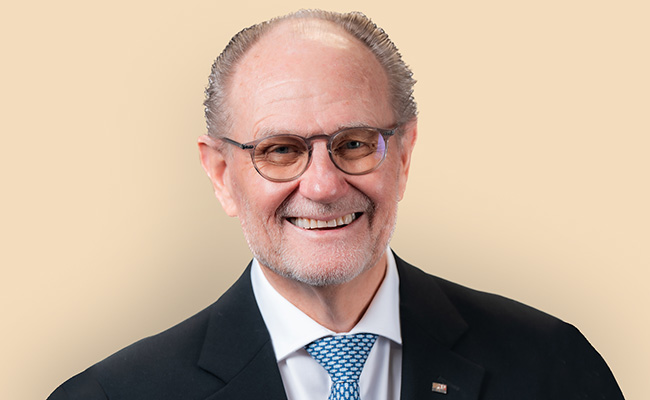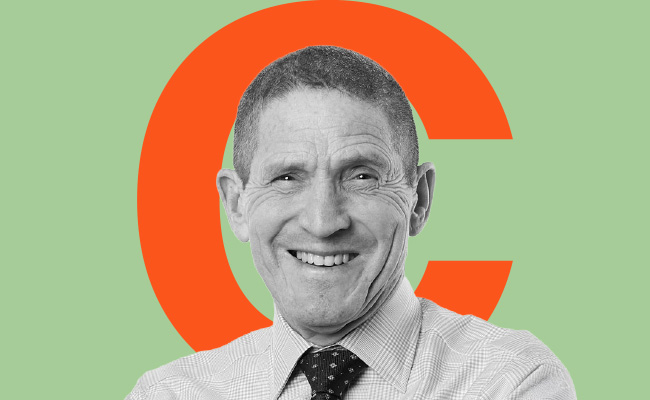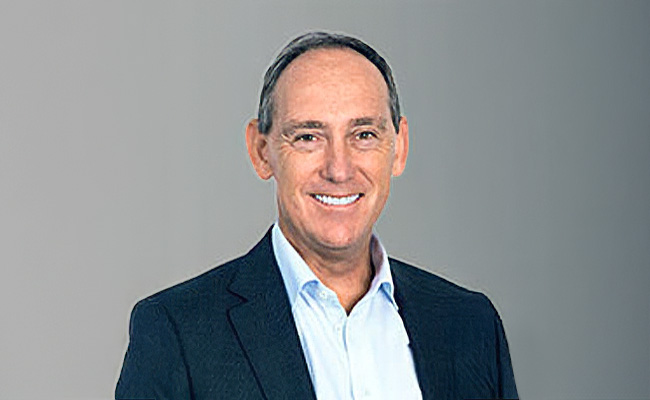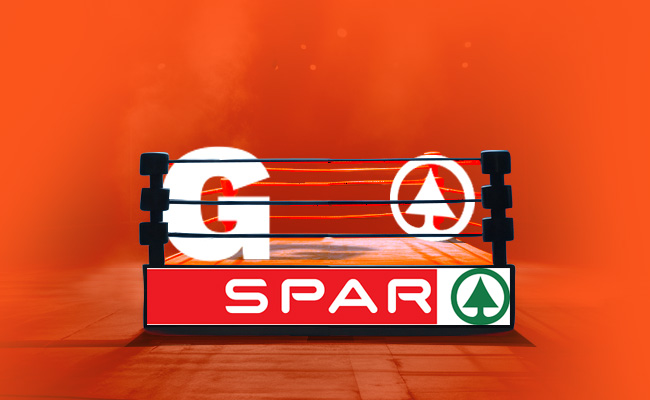Sean Summers has added his voice to an increasingly strident chorus of businesses speaking out against the unregulated gambling industry.
This is now sucking R1.5-trillion from South African punters a year; an industry “that is totally out of control,” Summers told investors after the release of the company’s first-half results, underscoring how disposable income that would otherwise be spent on groceries has been redirected into betting.
“Somewhere north of R70bn is being taken out of the market by the gambling industry,” he said. “That is [almost] Pick n Pay’s total first-half revenue taken out by a few people in profit in a highly constrained [consumer] market.”
Summers cited research estimating that more than 20% of social grant payments are now being spent on online gambling. Since more than R267bn was paid out in welfare grants last year, this suggests that more than R50bn in state funds are being spent. These figures are “horrendous”, he said and a good enough reason to ban online gambling advertising entirely.
“Smoking was a cancer, and they banned all marketing; I think we need to give serious consideration to a similar move.”
This rising addiction matters acutely to a retailer like Pick n Pay, which is still clawing its way out of a hole caused by too much debt and too little growth. While the retailer reported a massive 273.5% improvement in overall trading profit to R310m for the 26 weeks to the end of August, it is still making a loss. The good news, however, is that the hole has shrunk, from an R803m headline loss last year to R439m this time.
Turnover rose 4.9% with like-for-like sales up 4.7%, but Pick n Pay has to keep the sales momentum going if it is to finally make a profit – something it believes it will only do in its 2028 financial year. But if people are spending a vast amount of their income on betting rather than essentials, the odds are stacked against it – and every other retailer in an economy growing at less than 1% a year.
“Saving Pick n Pay is like climbing Mount Everest in a Speedo and barefoot. This market is in a world of hurt,” Summers says in an interview with Currency after the presentation. “When gambling is sucking over R1bn out of the economy every week, the money is gone. And it will affect everybody.”
For Pick n Pay right now, he says, growth in sales is everything — “there’s no way you can cut expenses to offset a loss of momentum”.
Still, Summers argues that the retailer’s rise in like-for-like sales, despite deciding to shut or refurbish 65 stores this year, is an “extraordinary” accomplishment. He reckons the company is no longer losing market share to rivals like Shoprite or Spar — a significant achievement after years of bloodletting.
Great expectations
Nonetheless, investors were evidently frustrated by the speed of progress in the core Pick n Pay business, as the share price tumbled almost 8% on Monday after the results were released. They closed 6.3% down.
Umthombo Wealth portfolio manager Alex Duys says the share price slump on Monday has to be seen in the context of a strong rally following the group’s trading update. Over the past year, Pick n Pay’s stock has risen 15%, far above the 1% gain for Shoprite, a 15% fall in Spar’s shares, and a 17% drop in Woolworths’ stock.
Duys says that Pick n Pay’s like-for-like expense growth is 6.2% — higher than its sales growth. This, he says, “indicates that, despite operational improvements, profitability is not yet recovering at the desired pace.”
Then there’s the fact that Pick n Pay is having to invest in skills and “operational capabilities” after previous managers did away with all the company’s internal training modules.
This investment, says Duys, “points to a longer and more uncertain recovery path [while] guidance on cash burn appears slightly higher than initially expected, which has likely led to some downgrades in short-term expectations”. Yet there are bright spots, largely from Pick n Pay clothing and low-cost wholesale chain Boxer, in which Pick n Pay still holds a 65% stake.
Asked whether Pick n Pay would consider selling part of its stake in Boxer, which the group spun out and listed last year, chief financial officer Lerena Olivier was adamant that this wasn’t going to happen. “We are very, very happy with Boxer and very, very happy to own 65%,” she said.
Besides, Summers said, while the group would like to spend more money gussying up its stores, it doesn’t need the capital and has enough cash. The good news for Pick n Pay’s customers is that Summers sees inflation potentially falling to as low as 1% in South Africa — far lower than the 3.4% it hit in September. But this isn’t necessarily good for Pick n Pay’s turnover.
“A low inflationary environment brings other pressures, but it’s nothing new,” says Summers, “so we just deal with it. But in some of the major categories, I wouldn’t be looking for inflation to go up anywhere near what has been forecast.”
Still, if consumers use that additional money from lower inflation on groceries — rather than online gambling — it could still end up positive for Pick n Pay in the end. Which, fingers crossed, could see it wade back into the black before 2028.
Top image: Supplied
Sign up to Currency’s weekly newsletters to receive your own bulletin of weekday news and weekend treats. Register here.












